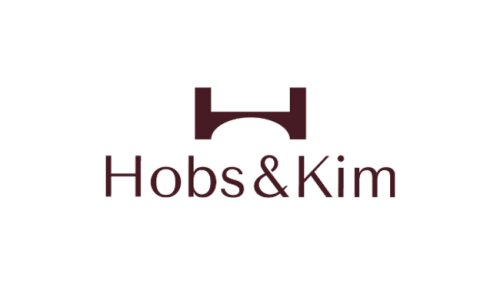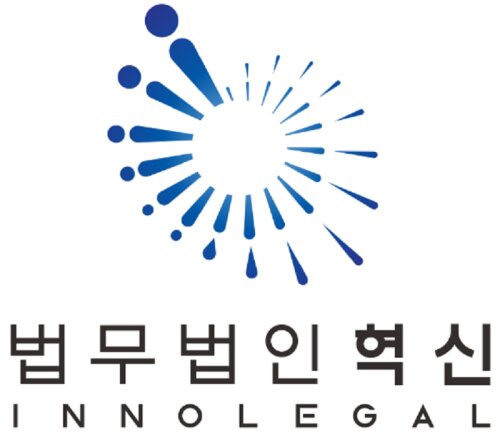Best Cannabis Law Lawyers in Seoul
Share your needs with us, get contacted by law firms.
Free. Takes 2 min.
List of the best lawyers in Seoul, South Korea
About Cannabis Law in Seoul, South Korea
Cannabis is strictly prohibited in South Korea, including in Seoul. The possession, sale, and cultivation of cannabis are illegal and can result in severe criminal penalties.
Why You May Need a Lawyer
If you are facing charges related to cannabis possession, sale, or cultivation in Seoul, it is essential to seek legal representation. A lawyer can help navigate the complex legal system and protect your rights throughout the legal process.
Local Laws Overview
In South Korea, cannabis is classified as a narcotic drug under the Narcotics Control Act. Possession, sale, or cultivation of cannabis can result in imprisonment, fines, or both. It is crucial to be aware of and comply with these strict laws to avoid legal consequences.
Frequently Asked Questions
1. Is cannabis legal in Seoul, South Korea?
No, cannabis is illegal in Seoul, South Korea, and possession, sale, or cultivation can result in severe penalties.
2. What are the penalties for cannabis-related offenses in Seoul?
Penalties for cannabis-related offenses in Seoul can include imprisonment, fines, and criminal records.
3. Can I use medical cannabis in Seoul with a prescription?
No, medical cannabis is not legal in Seoul, South Korea, and using cannabis for medical purposes can still result in legal consequences.
4. Can foreigners in Seoul possess cannabis if it is legal in their home country?
No, the possession of cannabis is illegal for both residents and foreigners in Seoul, regardless of its legality in their home country.
5. Are there any exceptions for using cannabis for religious or cultural purposes in Seoul?
No, there are no exceptions for using cannabis for religious or cultural purposes in Seoul, and it remains illegal under all circumstances.
6. Can I travel to Seoul with CBD products?
It is advised not to travel to Seoul with CBD products as they may contain traces of THC, which is illegal in South Korea.
7. What should I do if I am charged with a cannabis-related offense in Seoul?
If you are charged with a cannabis-related offense in Seoul, seek legal representation immediately and refrain from making any statements to the authorities without your lawyer present.
8. How can I find a knowledgeable cannabis lawyer in Seoul?
You can search for experienced cannabis lawyers in Seoul through legal directories, referrals, or by contacting local law firms specializing in criminal defense.
9. Can I appeal a cannabis-related conviction in Seoul?
You may have the right to appeal a cannabis-related conviction in Seoul within a specific timeframe. Consult with your lawyer to determine the best course of action for your case.
10. Are there any rehabilitation programs available for cannabis offenders in Seoul?
There may be rehabilitation programs available for cannabis offenders in Seoul as part of their sentencing. These programs aim to provide support and resources for individuals struggling with drug use.
Additional Resources
For more information on cannabis laws in Seoul, South Korea, you can refer to the Narcotics Control Act and consult with legal aid organizations such as the Korean Bar Association.
Next Steps
If you require legal assistance related to cannabis in Seoul, South Korea, it is crucial to contact a reputable lawyer specializing in criminal defense immediately. Your lawyer can guide you through the legal process and work towards the best possible outcome for your case.
Lawzana helps you find the best lawyers and law firms in Seoul through a curated and pre-screened list of qualified legal professionals. Our platform offers rankings and detailed profiles of attorneys and law firms, allowing you to compare based on practice areas, including Cannabis Law, experience, and client feedback.
Each profile includes a description of the firm's areas of practice, client reviews, team members and partners, year of establishment, spoken languages, office locations, contact information, social media presence, and any published articles or resources. Most firms on our platform speak English and are experienced in both local and international legal matters.
Get a quote from top-rated law firms in Seoul, South Korea — quickly, securely, and without unnecessary hassle.
Disclaimer:
The information provided on this page is for general informational purposes only and does not constitute legal advice. While we strive to ensure the accuracy and relevance of the content, legal information may change over time, and interpretations of the law can vary. You should always consult with a qualified legal professional for advice specific to your situation.
We disclaim all liability for actions taken or not taken based on the content of this page. If you believe any information is incorrect or outdated, please contact us, and we will review and update it where appropriate.
















